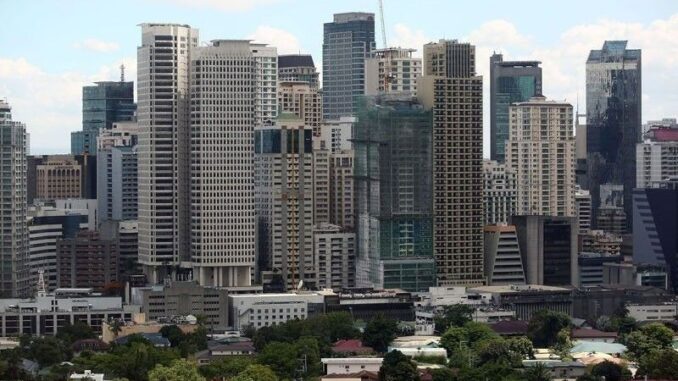
MANILA, Philippines — The Philippines could become a trillion-dollar economy if it sustains annual economic growth of six percent and above and implements reforms to drive growth, according to the World Bank.
Speaking at the BusinessWorld Forecast 2025 forum yesterday, World Bank country director for the Philippines, Malaysia and Brunei Zafer Mustafao?lu said becoming a trillion-dollar economy is an ambitious target for the country.
“It’s not easy, but certainly, it is feasible under certain conditions,” he said.
He said this would require sustaining a strong level of average annual growth rate.
The World Bank is projecting that the Philippine economy would post an average growth of six percent for the next two years.
The government has set a six to seven percent economic growth target for the year.
In the January to September period, the Philippine economy grew by an average of 5.8 percent.
“As long as the Philippines can sustain those growth levels, between above six percent and more, certainly those are very good growth levels to take the Philippines to the trillion-dollar economy,” Mustafao?lu said.
Earlier, S&P Global Market Intelligence Asia-Pacific chief economist Rajiv Biswas said the Philippines is expected to become part of the Asia-Pacific region’s $1-trillion economies by 2033 from around $440 billion in 2023.
Mustafao?lu said the country would need to commit to certain reforms to seize the potential to become a trillion dollar economy.
Among the reforms needed in the country is to invest in human capital development, where the Philippines is currently lagging.
Mustafao?lu said important interventions that can be done in this area is to invest in early childhood education and development to equip the students of today who will be tomorrow’s workers with the skills needed to meet future demand.
“If they don’t have the capacity, of course it will be more difficult to absorb new technologies and new skills that are required by the changing global economy,” he said.
He also cited the need to invest in infrastructure to build an environment that can create opportunities.
The World Bank also cited the importance of adapting to climate change to reduce the volatility of growth.
“That investment in infrastructure, human capital, resilience agenda or facilitating technology adoption will require fiscal space,” Mustafao?lu said.
He said this would require generating more revenues and increasing spending efficiency for the government and mobilizing resources from the private sector.


Be the first to comment